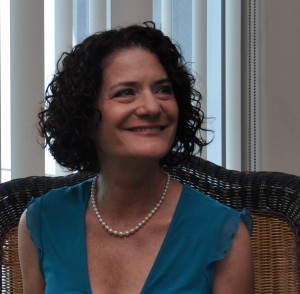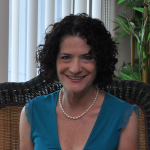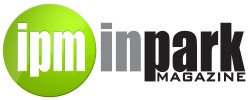
InPark talks with one of the top marketing and business development (bizdev) professionals in the themed entertainment community, Rosalie Kessing ([email protected]). Interview by Judith Rubin.
You came to the attractions industry from the corporate world. How did you make the transition ?
My point of entry into themed entertainment was as a project manager for Attraction Services in the mid-1990s. I brought my past experience as a marketer in the corporate world, for such companies as Dole Food Co. and Baxter Health Care. It was a bit of a culture shift, but the brief was very similar in that there was a diverse team, each member had their own responsibility in the project, and it was my job to interface with all of them. My first project was a museum exhibit: Tess, the 50-foot-woman, for the California Science Center in Los Angeles. In addition to the technical designers, fabricators, sculptors, painters, and animatronics specialists – I was working with the museum brass and the exhibit designers.
I used to put together big national sales meetings, and collaborated with marketing managers on developing collateral. Having also worked directly with top level executives, I knew how to be in a boardroom. In addition, I’m a fiber artist in my own right – my work has been featured in Vogue and shown in galleries in New York, San Francisco and Los Angeles – so I understand how to talk to artists, and I understand color and spatial relationships. All the left-brain and right-brain pieces were there, and I had the people skills, but I still needed to learn this industry.
Following the California Science Center project, Attraction Services was working on Men in Black for Universal Studios, and they assigned me to that. Then I swapped the project management hat for a business development hat. Attraction Services sent me out to find another job for the company; I brought in a high-wire bicycle job for a museum. They kept me on bizdev after that. Meanwhile I was becoming well acquainted with the industry: I got involved with TEA and attended IAAPA and the other industry trade shows.

How did you transition from Attraction Services to Lexington, and then to consulting?
I was with Attraction Services for 6 years. Then 9/11 happened, and slowed down the industry. I freelanced for a while and then joined Lexington where I spent 7 years in marketing and business development. Then I set up as an independent consultant for clients including Technifex, Visual Terrain and Rando Productions.
I’m still very close to the owners of Attraction Services, Melissa Townsend and Ron Griffin, which underscores that this is very much a relationship-based business.
When doing marketing and bizdev on a freelance basis, how do you avoid conflicts of interest?
The goal is to have non-competing clients and avoid conflicts from the outset. In reality, it can get a little fuzzy, however. If there is a potential overlap, I focus on the areas that do not overlap.
It comes down to integrity. You have to know your industry. You have to have a good internal compass. And you have to be trustworthy. It is challenging for a company to delegate bizdev responsibilities. As the bizdev person, part of my job is to keep my clients’ business culture and relationships going, and build on them. You have to know not to cross certain lines – and you have to know what and where those lines are.
How do you get up to speed on the culture of the company, what it has to offer and what it needs?
I represent boutique companies that don’t have internal marketing and bizdev resources. Sometimes I will train a backup in the company to support me or even to eventually replace me, if that’s what’s called for.
In the first meeting, we look at how I can help them. Maybe they need somebody to help write proposals; maybe to help develop and write for the website; or create printed collateral. Maybe they have a contact list but no time to reach out to the people on the list. For one client, my responsibilities included managing their patented rental equipment. This included negotiating contracts and the shipping logistics; I also set them up with newsletters, email blasts, and handled their logistics on exhibiting at trade shows. Sometimes I work the booth at the trade show, compile the leads and follow up on them.
Right now I’m in the process of developing a contact list for a client in a market that is new to them. After discussing strategically what they wanted to accomplish, I saw there were tools they needed, including a sizzle reel, better marketing materials and a better website. We looked at various markets, from broadcast to theme parks. I made a lot of cold calls. Once we were ready to approach the new market, I hit the communications lines, sending out specifically targeted blasts. You have to think about what you are sending to whom, and your material has to be compelling. You have to make it clear you have something of value to them. We do all that research up front to make sure we are sending to the right person.
If a client doesn’t have the tools in place, you have to create them before you can really start marketing. If someone needs a reel, then we put together a reel. I’ll bring in a media producer, and have a budget and a shoot, work with the editors and help select the music. I have media production experience from my past jobs.
I like going outside my comfort zone and cracking a new market. I’ll identify a local organization, attend a mixer, have the client join the organization. I’ll go to their events and work the room. I have no problem going up to people and introducing myself, finding out what they do.
How do you manage your time?
My phone is on 24/7 and I am available 24/7. I take my work seriously, and each person I work with gets 200%. On Sunday nights I’m answering emails, I’m responding to questions from my clients and from my clients’ clients. I work really hard to bring the client and the project in.
What do you like the best about what you do?
Client interface. I really love that part. My clients take me to their client meetings to get the benefit of my experience in the industry, my perspective and my maturity. They want my eyes and ears there and they value the way that I interpret information. We will talk about the project and how best to get to the table – how to write the proposal, how to make the best presentation possible so we can get to the table and be included at the next level.
The industry has changed as the world economy has changed, and so have the bottom line numbers. The emphasis now is on the low bid – even if you’re the best company on the planet. We’ve had to re-think how we do our work, to learn how to do business more efficiently, and put together low, yet credible bids that highlight our qualifications and honor the client’s budgetary needs. Those are the bids that keep us in the running.
I like that my clients are comfortable with me representing them. For these small companies, the owner or owners are the faces everybody knows. Sometimes their name is on the door. It’s extremely important that I present an image consistent with the brand they have built and supports what they are doing. My job is to make them look great and grow their business. They have to know they can trust me to help them build good relationships with their clients, and demonstrate integrity. In building those working relationships, someone sees what you’re made of – they see that you are trustworthy and are not going to drop the ball.
With all that entrusted to you, what happens when you make a mistake?
Everyone is human, and when it happens I own it. When you own it and are humble about it, people respect you for your honesty.
What do you feel is a vital skill for this kind of work?
A big chunk of the job is communication: hearing and listening and keeping a balance. In my opinion, women excel at this, because they are more relationship-oriented. I think that women network differently from men, and they form different kinds of relationships. Women’s conversations are different – they practice what I’d call a softer way to network. In our industry, some of the most dynamite bizdev professionals are women.
What about dealing with difficult people?
I don’t think about people being “difficult.” Some relationships require more care and feeding than others. I consider myself to be very good at managing relationships.
It is important that a client have realistic expectations. They have to understand that marketing is a process and is not instantaneous. I can’t come in when the company is in crisis and it’s too late to turn it around. We have to be in a place where both the budget and the time are available to make it grow. In other words, don’t wait until you’re in trouble to call a bizdev specialist!
When you understand the project, the process and the industry, when you know what you are selling and you don’t indulge in vaporware, you make yourself trustable, and most difficulties evaporate. I never oversell. I spend a lot of time in the shop and learning what makes the company tick. I don’t bluff. I strive for win-win: something that’s good for everyone involved, for the client and for the provider of services. Everybody wants to be proud of the project when it’s done.
How does a company know when it is time to bring in services like yours? Are there advantages to having an independent contractor for bizdev rather than a full-time person in house?
Owners of small businesses have to wear many hats. When they find themselves too diluted to be effective at running their business and looking for new business, then it’s time to get some back-up. Available budget and what is specifically needed are the deciding factors for having an in-house bizdev person or hiring a consultant.






